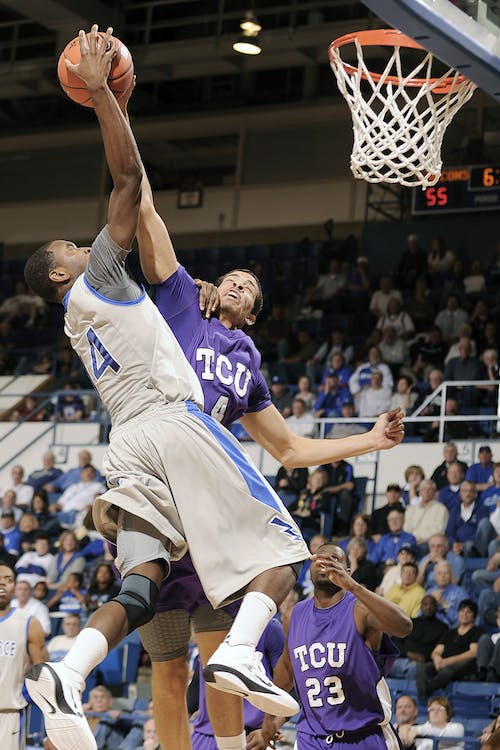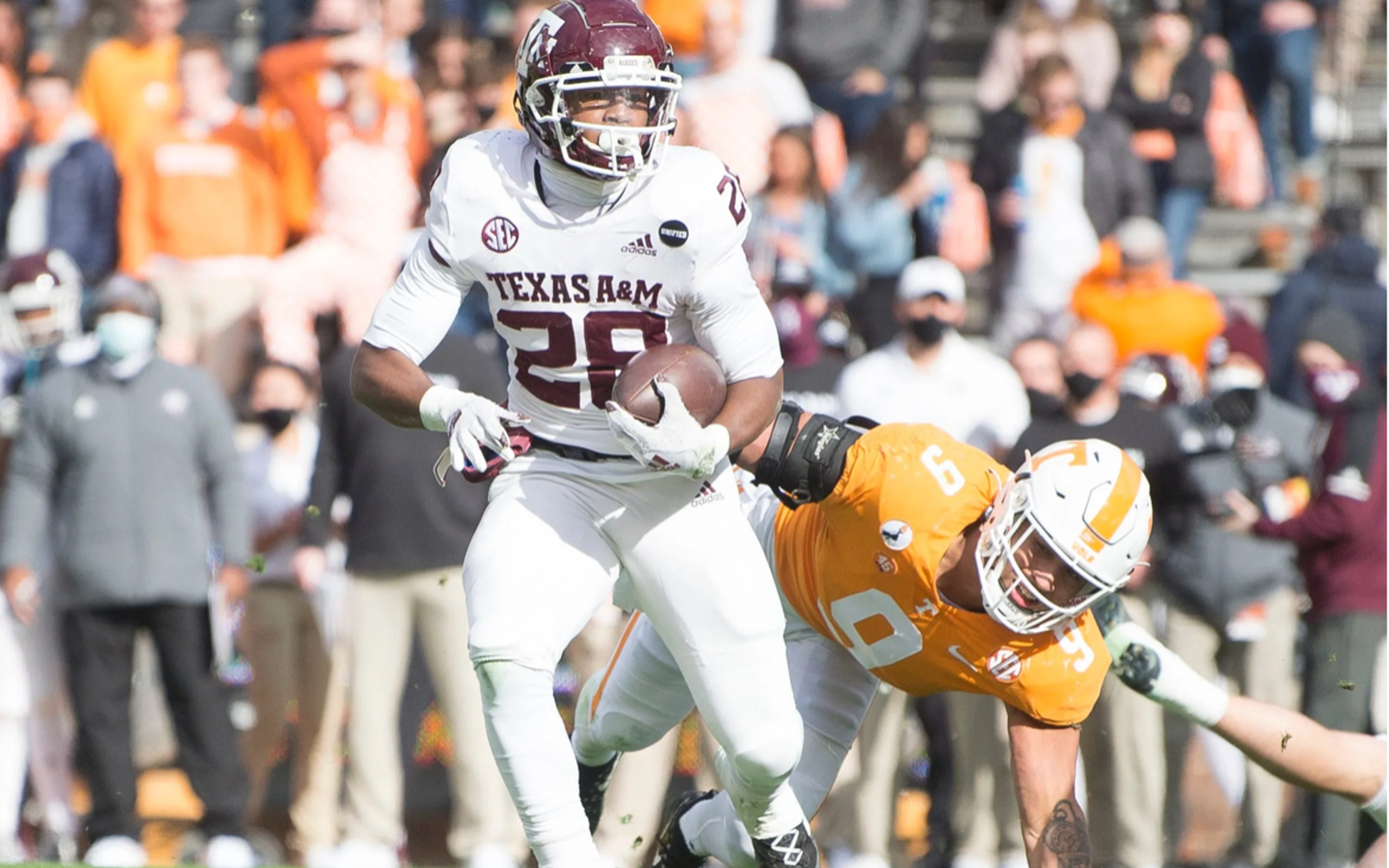Ever since automation was introduced to the workplace, there’s been a fear that robots could steal our jobs. This is particularly true among underwriters.
Today, insurers continue to develop underwriting transformation projects, which go beyond automating routine, labour-intensive data gathering and processing tasks. However, the aim isn’t to leave underwriters jobless. This is where AI, alternative data sources, and more advanced predictive models come into play, augmenting an underwriter’s capabilities and allowing human professionals to transition to higher-level, multifaceted roles – such as portfolio management and tailored interactions with brokers and large customers.
The automation has also led to huge success for the insurers. For example, Ping AnLife Insurance’s smart underwriting platform served over 18 million policyholders in 2019 and approved 96% of policies through automated underwriting, cutting average turnaround time from 3.8 days of manual underwriting to 10 minutes.
We have also seen a boom in the valuation for insurtech start-ups that embrace AI. Last summer, Lemonade went public in the U.S. and surged to a market cap of over $4 billion. Furthermore, Hippo, another Israeli-founded insurtech, completed a $150 million financing round valuing the company at $1.5 billion.
Applying AI to Niche Policy
The COVID-19 pandemic has had a profound impact on commercial insurance, redefining risk evaluation for live events and increasing premiums across the board. Speciality insurance policies in sports are no exception. For example, Premier League clubs have faced an increase on their insurance policies to ensure their squads are covered for coronavirus. And some insurers have even looked to exclude Covid-19 from policies to prevent payouts should players test positive.
Similarly, we have seen the market for loss-of-value (LOV) insurance, which is sold to athletes to guard against injury and illness during college careers, undergo a major contraction in the past two years. While this shouldn’t be attributed to the pandemic entirely, it has certainly accelerated the decline – as have numerous other factors, such as a lack of standardized biometrical data.
However, the Supreme Court’s recent decision in NCAA vs Alston could now have the power to change the market’s fortunes, especially if it is able to adapt and improve its ways.
That’s because, up until now, the NCAA had only allowed schools to pay the premiums of players’ disability policies and LOV insurance out of limited pots of money provided to each institution’s Special Assistance Fund (SAF) or Student Athlete Opportunity Fund (SAOF) – which also must cover a host of other expenses related to athlete welfare and academic support.
For certain schools with large athletic budgets, and which annually produce draft prospects for the NFL or NBA, this requirement ment they were spending significantly less on athlete injury insurance than they would if they were allowed to tap into their general sports budgets. However, it is believed that the Alston ruling will mean that schools will no longer have this cap on what they can spend on insurance policy premiums for their top student athletes. As such, it is expected to have a hugely positive impact on the business of athlete insurance policies.
Furthermore, as college athletes sign more and more lucrative brand partnerships, there is also the case that the earning potential of each athlete that school’s insure against will be higher than ever before.

How Zone7 ties into it
As with insurance across any industry, the policyholder is looking for adequate cover while also getting the lowest premium possible. This is achieved in three key ways; protective measures, education, and preventative tools.
Zone7 has the potential to be a protective measure to policyholders within the sports industry. Just as a burglar alarm is able to alert a home-owner to danger of a robbery, Zone7’s alert system is able to inform an athlete, coach, or physio to the risk of an injury. Alternatively, it could be used as a tool to create visibility and clarity on risk – like a blackbox does in a car.
This not only benefits the team from the perspective that their top performers are injured less often, but it also will lower their insurance premiums. This benefits the insurer, which is able to win new business by providing the most cost effective rates while the team could also save hundreds-of-thousands to millions of dollars.
There is even the potential to implement Zone7 in a similar way to how a black box is used in car insurance – where the premium is directly correlated to the level of risk taken by the policyholder.
This means that teams can then instead focus on deploying capital more selectively and strategically, by identifying high risk and higher cost scenarios, which opens up a new market entirely.
Right now, there are no short term insurance policies, no flexibility with the term, or starting mid-season. It’s simply July to July. This means there is currently no way of insuring a specific player for a particular moment in the season, such as taking out extra insurance on your top point-scorer in the run up to the playoffs. So, there’s a completely new product that can be sold and the only way of underwriting that is with Zone7.
Ready to Elevate your Performance? We provide a comprehensive suite of products and services utilizing data and AI to enable greater performance and durability amongst high-performance teams.
To find out more about our work, Book a Demo today.


